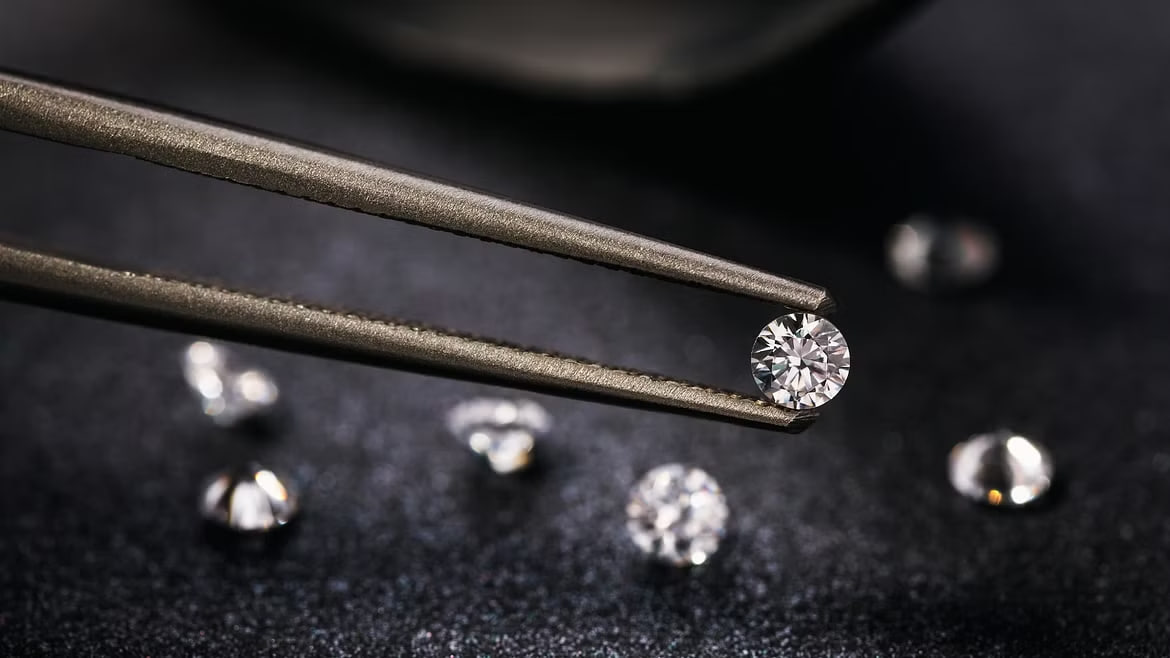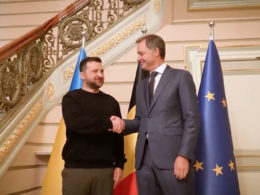The G7 countries plan to impose restrictions on Russian diamonds by 1 January 2024, according to a statement by G7 leaders posted on the UK government's website.
Diamonds are one of Russia’s top ten non-energy industries by value, with exports in 2021 totalling over $4.5 billion, according to the US Department of the Treasury.
According to the statement, made after the virtual meeting of G7 leaders, G7 countries will be introducing import restrictions on non-industrial diamonds mined, processed, or produced in Russia by the beginning of 2024.
This will be followed by "further phased restrictions" targeting Russian diamonds processed in third countries by 1 March 2024.
The G7 also agreed to establish "a robust traceability-based verification and certification mechanism" for rough diamonds within the G7 by 1 September 2024 to “further the effectiveness of these measures.”
Earlier, the European Commission proposed to include diamonds in the 12th package of sanctions imposed on Russia due to its full-scale invasion of Ukraine. In the previous sanction packages, there was the bloc imposed on Russian coal, gas, gold, vodka, and caviar. However, other profitable Russian industries have not been included in the EU’s sanction list.
Russian gemstones are concentrated
in the hands of Alrosa, responsible for 90% of the country’s diamond mining capacity. The Kremlin has a large stake in the company which provides $1.5 billion to the country annually by selling precious gemstones to the European Union. The enterprise not only helps to finance Russia’s war against Ukraine but also supports the maintenance of the Black Sea fleet combat submarine named after the company — “Alrosa” – a carrier of cruise missiles.
Read also:
- Japan to provide $ 4.5 billion to Ukraine
- US Senate Republicans block $110 billion Ukraine and Israel aid bill
- US commits $175 million in fresh security assistance for Ukraine



